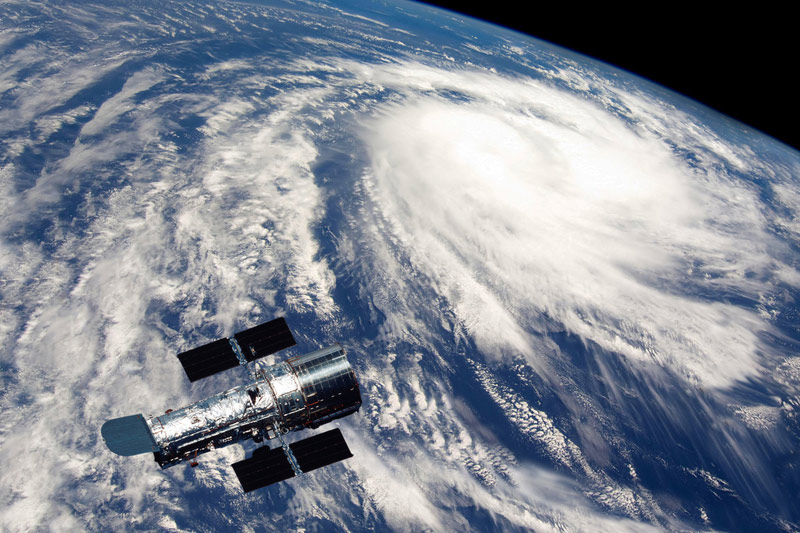By Joey Roulette
(Reuters) - Relativity Space has signed a contract with Iridium to launch six spare satellites for its communications network, the venture-backed rocket firm's chief executive said, clinching a key satellite customer for its upcoming 3D-printed rocket.
The Iridium Communications Inc (O:IRDM) launch contract comes as Los Angeles, California-based Relativity ramps up its payload capacity for Terran 1, the company's 3D-printed rocket whose debut launch is slated for late 2021.
Relativity will become Iridium's second launch provider. Elon Musk's SpaceX initially lofted Iridium's NEXT constellation of 75 satellites to space over a series of missions beginning in July.
Iridium has nine spare satellites in orbit, with six more on the ground for Relativity to launch on an as-needed basis starting in 2023.
"There's not a need, our constellation is very healthy," Suzi McBride, Iridium's chief operations officer, said in an interview. "But we knew at some point we're going to want to launch them, especially if we get an issue on orbit."
Relativity in 2019 announced it was redesigning Terran to double its payload capacity, a move that opened the door for its Iridium contract but set its debut launch date back a few months.
"That really let us capture more of the satellite market and meet demand," Relativity Chief Executive Tim Ellis said in a separate interview. "That was worth it to do."
Rides on Terran 1 sell for $12 million, Ellis said, with a capacity of up to 2,755 pounds (1,250 kg).
The company is vying for pieces of the satellite launch market against other medium-class rocket firms like Rocket Lab, whose Electron rocket aims to send nearly 500 pounds (225 kg) to space for $5.7 million, and Firefly Aerospace's Alpha rocket, which is expected to loft 2,200 pounds (1,000 kg) into low-Earth orbit at a cost of $15 million per flight.
